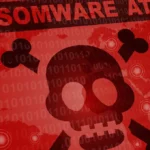Hackers VS Gamers: The Battle for Control of a Popular Video Game
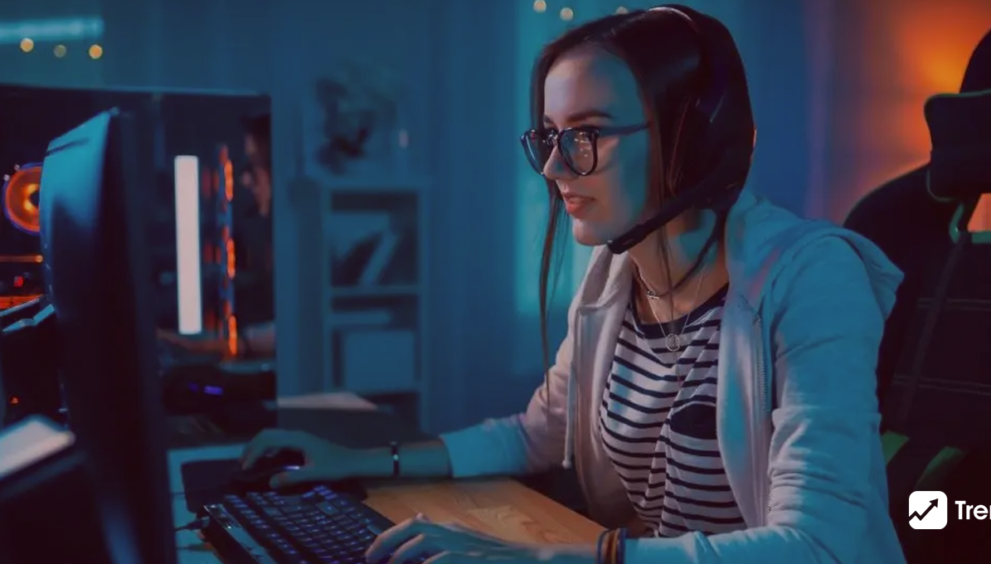
Hackers versus Gamers: The Battle for Control of a Popular Video Game is a phenomenon that has become increasingly common in the gaming industry. With the rise of online gaming, hackers have found new ways to exploit vulnerabilities in popular video games and gain an unfair advantage over other players. This has led to a battle between hackers and gamers, with game developers struggling to stay one step ahead of the hackers. The battle for control of popular video games has also had a significant impact on player experience, with cheating and video game hacking leading to frustration and a decline in player engagement. Game developers are now taking more aggressive measures to prevent cheating and protect player data, but the battle between hackers and gamers continues to rage on.
What Are The Most Common Types Of Video Game Hacks?
Hacking is the process of manipulating or breaking into a computer system for harmful or unauthorized data access. Game hacking is the altering of a video game’s programming to affect the gameplay experience. There are different forms of video game hacking, and the reasons why someone would hack a game and the necessary measures.
Cheating
The most prevalent sort of video game hacking is cheating, which includes changing a game’s code or regulations to gain an edge over other players. This may entail employing third-party software tools to alter game parameters like health, damage, and speed. It may also entail modifying the physics of game items or adjusting how the player interacts with them.
Exploiting
Another common type of video game hacking is exploiting, which includes changing the game’s programming to get access to locations or objects that are not ordinarily available. This sort of hacking frequently involves the use of glitches and bugs to circumvent game constraints or limitations. For example, you may utilize an exploit to gain access to special weapons, levels, or characters that would otherwise be unavailable. Moreover, several vulnerabilities may be utilized to get an edge in online battles by exploiting latency difficulties or lag spikes.
Modding
Another sort of video game hacking is a modification (or modding), which includes tweaking the game’s code or aesthetics to generate new content. Custom skins, locations, characters, and even complete game types may be created. It is crucial to understand that there are several legal difficulties with altering games that you should think about before getting started.
Reprogramming
Reprogramming is a sort of video game hacking that involves modifying the game engine itself to provide new features or abilities. This approach often necessitates more technical expertise than other forms of game hacking and may need the use of a professional programming environment such as Unity or Unreal Engine 4. Reprogramming is most commonly used to generate unique game modes or content, such as additional areas, characters, and weaponry. Knowledge of programming languages, 3D modeling and animation, and software development best practices are all necessary to properly reprogram a game. It is a highly technological process that necessitates knowledge in several areas.
How Do Hackers Gain Access To Game Code And Player Data, And What Are The Legal Consequences of Hacking?
Hackers can acquire access to game code and player data by exploiting weaknesses in the game’s code or server architecture, fooling users into downloading and installing malware, or using social engineering tactics to obtain login credentials or other sensitive information.
A successful hacking attempt can have serious implications. Personal information such as a player’s name, email address, password, and credit card information may be taken, resulting in identity theft or financial crime. Moreover, their gaming progress and in-game stuff may be erased or stolen. A hack can harm a game developer’s reputation, cause income loss, and lead to legal action.
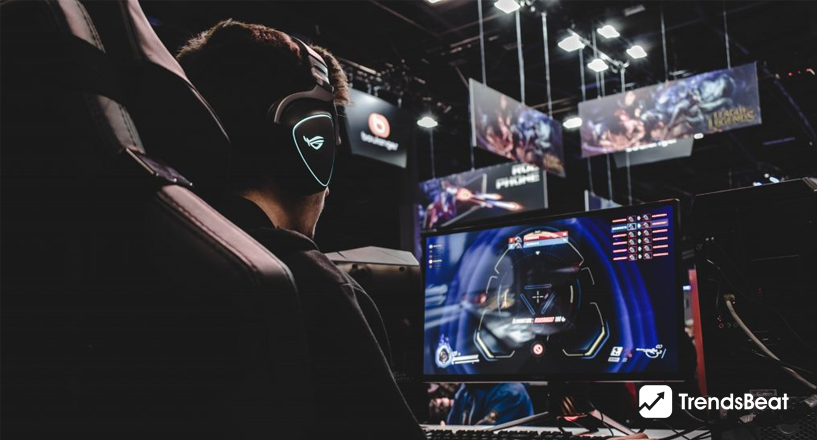
Additionally, hacking may be used to cheat in games, which can damage the experience of other players and have a detrimental influence on the general community of the game. Cheating in games can entail the use of third-party software, such as wallhacks, aimbots, or speed hacks, to achieve unfair advantages.
To safeguard their users’ data and prevent unwanted access to their game code, game creators must take cybersecurity seriously and incorporate methods such as encryption, two-factor authentication, and frequent security audits. Players should also be wary of strange links, downloads, or demands for personal information and use strong passwords and two-factor authentication wherever feasible.
The Measures Game Developers Are Taking To Prevent Cheating and Protect Player Data
Game developers employ various measures to prevent cheating and protect player data, some of which include:
- Anti-cheat software: Anti-cheat software is used by game creators to prevent users from utilizing third-party tools to change game code, influence game dynamics, or gain an unfair edge over other players. Anti-cheat software can identify cheating in real time and prohibit violators.
- Encryption: Encryption is used by game producers to secure player data such as login information, credit card details, and personal information. Encryption makes stealing player data more difficult.
- Two-factor authentication: Two-factor authentication is used by game developers to prevent illegal access to user accounts. Before they can access their account, gamers must give two kinds of identity, such as a password and a code texted to their phone, using two-factor authentication.
- Fair play policies: Game developers have fair play policies that prohibit cheating and outline the consequences for cheating. Fair play policies help to deter players from cheating and promote a level playing field.
- Regular updates: Game developers release regular updates to fix bugs, patch vulnerabilities, and improve game security. Regular updates help to keep the game secure and protect player data.
Overall, game developers use a combination of these measures and others to prevent cheating and protect player data. The specifics of the measures they take depend on the game, the platform, and the specific threats they face.
How Does Cheating And Hacking Impact The Overall Gaming Experience For Players, And What Steps Can Be Taken To Mitigate It?
Cheating and hacking can have a significant impact on the overall gaming experience for players in several ways:
- Unfair advantage: Cheating and hacking give some players an unfair advantage over others, making the game less enjoyable for those who play fair. This can lead to frustration and a decline in player engagement.
- Damaged reputation: Cheating and hacking can damage the reputation of the game and the developer, leading to a loss of trust and a decline in the player base.
- Security risks: Cheating and hacking can also pose security risks for players, as their personal and financial information may be compromised.
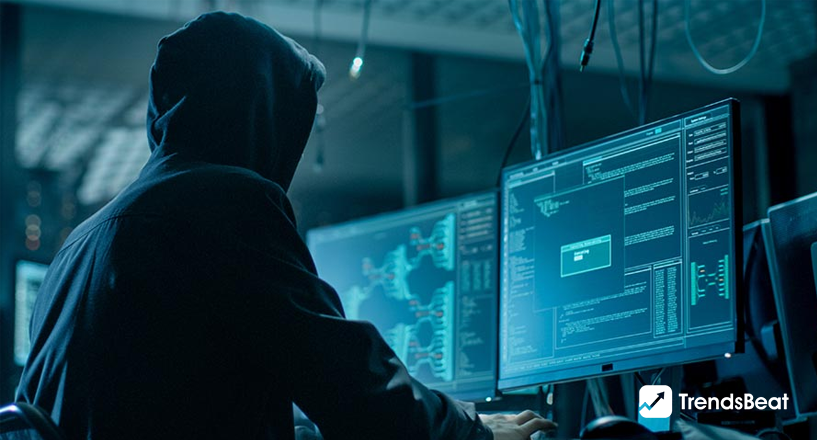
To mitigate the impact of cheating and hacking, game developers can take the following steps:
Implement anti-cheat measures: As mentioned earlier, game developers can use anti-cheat measures such as software, policies, and updates to prevent cheating and hacking.
Monitor player behavior: Game developers can monitor player behavior to detect patterns of cheating and hacking and take appropriate action.
Encourage fair play: Game developers can encourage fair play by promoting sportsmanship, enforcing rules, and rewarding ethical behavior.
Educate players: Game developers can educate players on the risks and consequences of cheating and hacking and encourage them to report suspicious behavior.
Foster a positive community: Game developers can foster a positive community by promoting collaboration and teamwork and discouraging toxic behavior.
Overall, the key to mitigating the impact of cheating and video game hacking is a combination of technical measures and community building. By implementing anti-cheat measures, monitoring player behavior, encouraging fair play, educating players, and fostering a positive community, game developers can create a more enjoyable and secure gaming experience for all players.
Few Final Thoughts
Finally, the conflict between hackers and players poses a serious risk to the gaming business. Cheating and hacking may damage the overall gaming experience for players, resulting in irritation, a drop in player engagement, and a loss of faith in the game and the creator. Nonetheless, game creators are introducing anti-cheat techniques, monitoring player behavior, and cultivating a good community to avoid cheating and secure user data. To win the war for control of popular video games, a mix of technological measures and community development will be required. Game makers may provide a more pleasurable and safe gaming experience for everybody by encouraging fair play, educating players, and staying one step ahead of hackers.







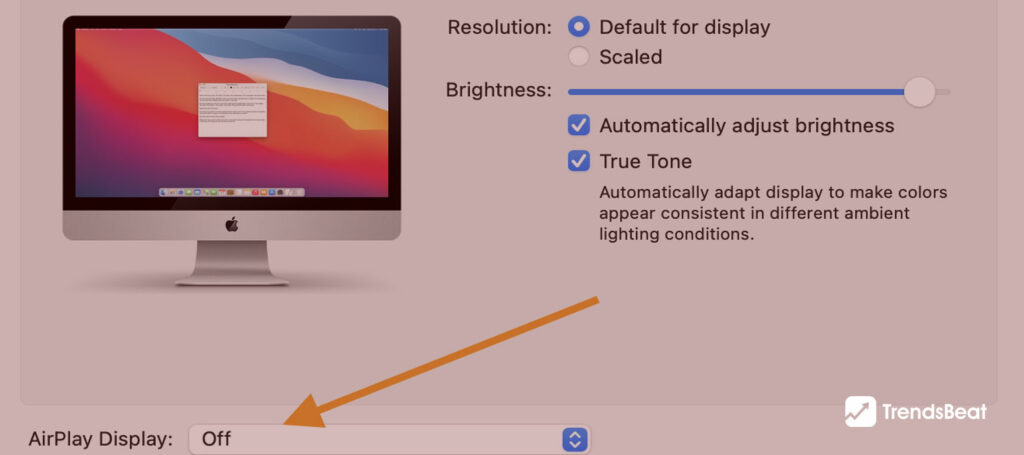









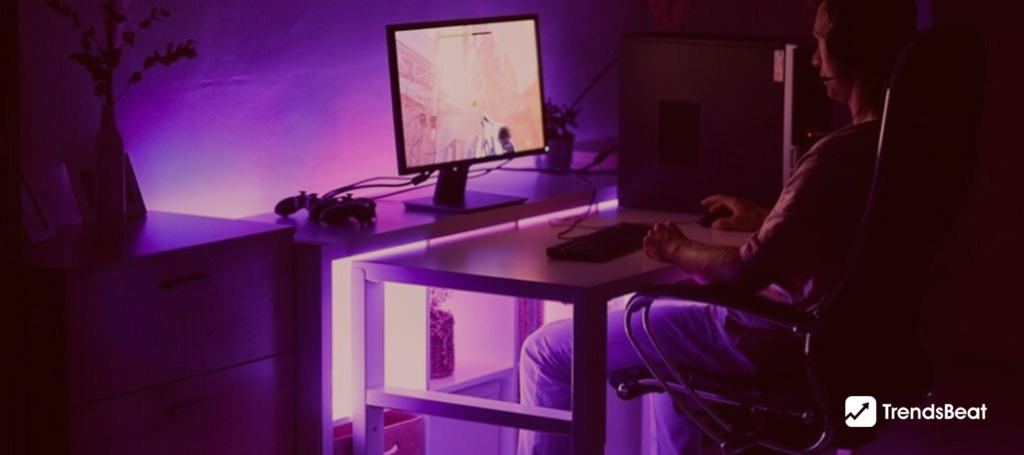














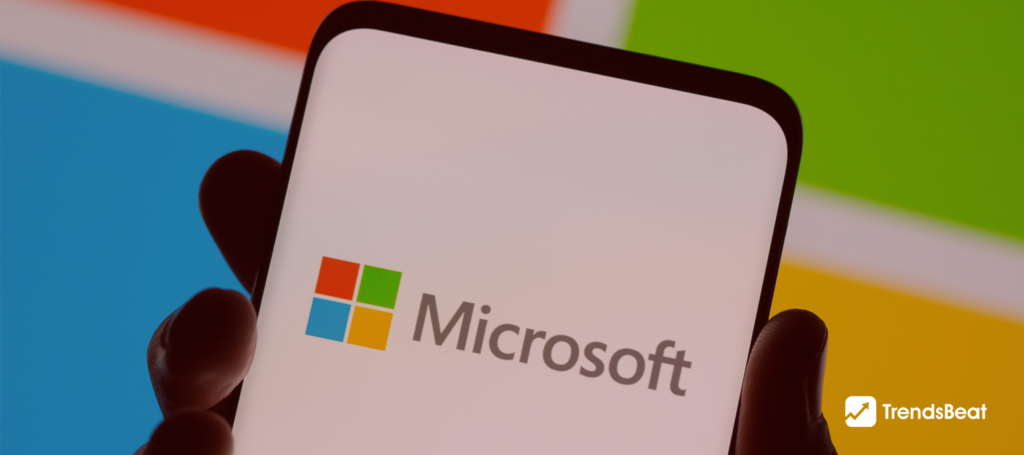









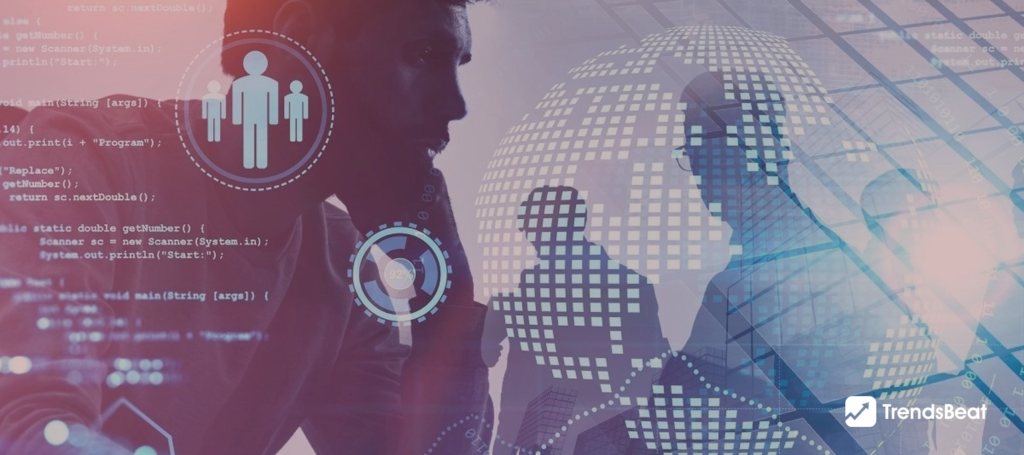
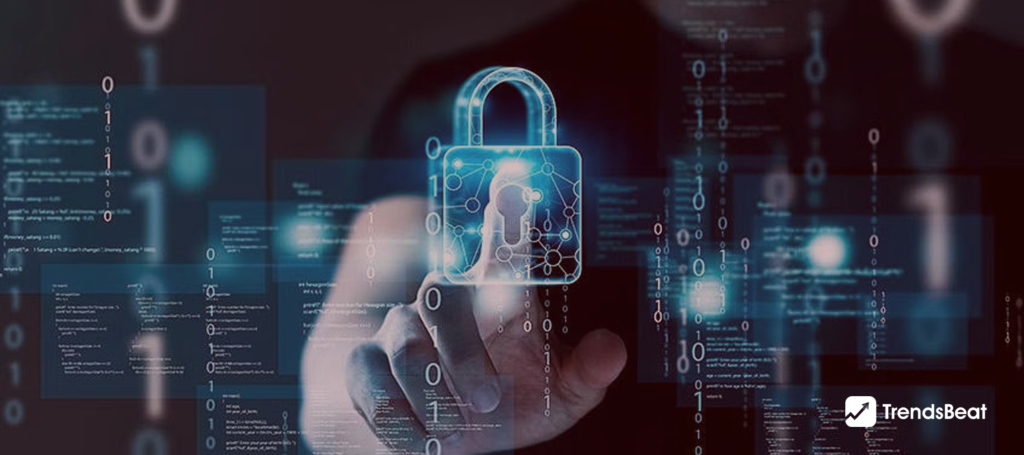





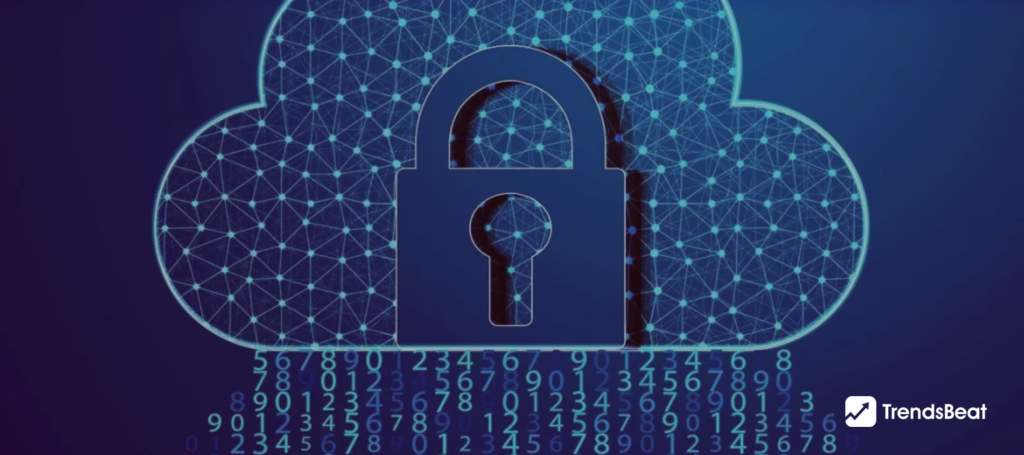


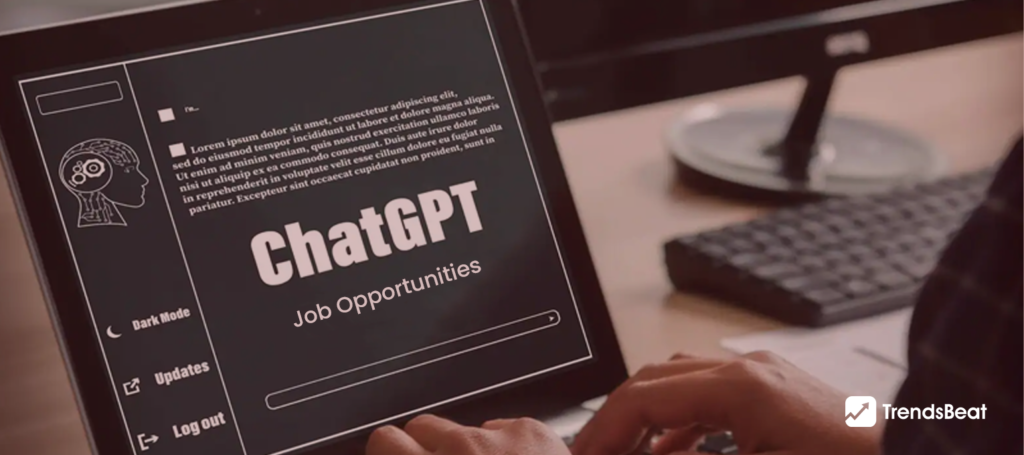
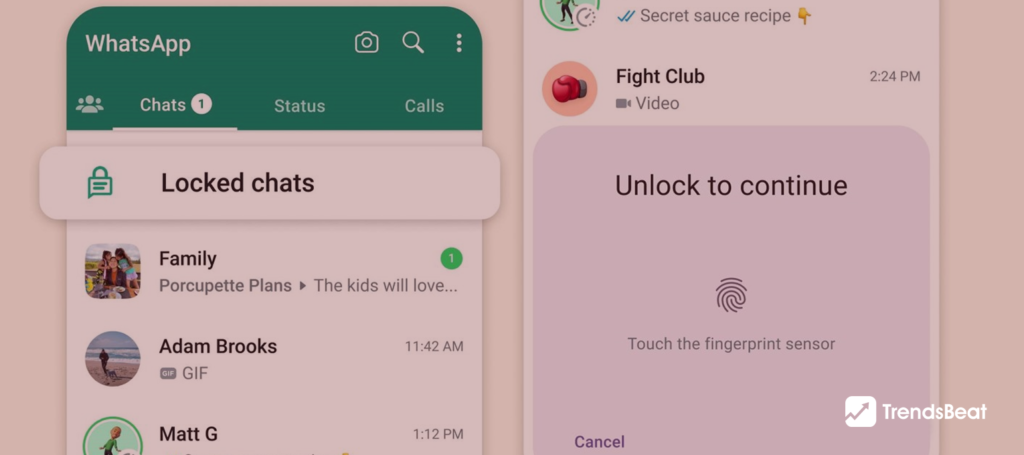


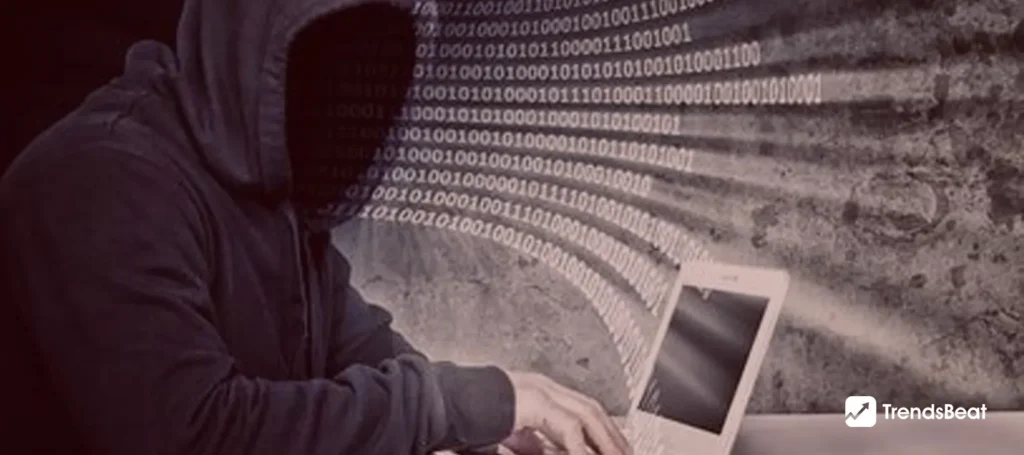

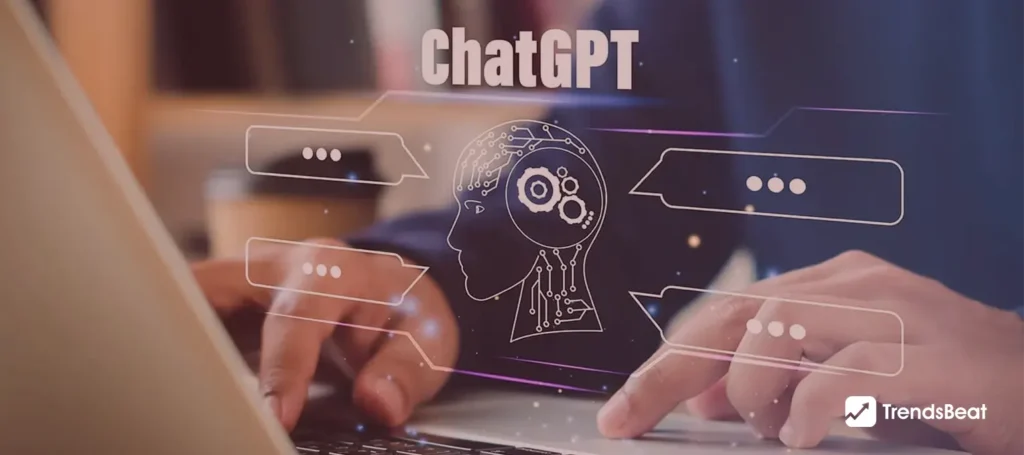


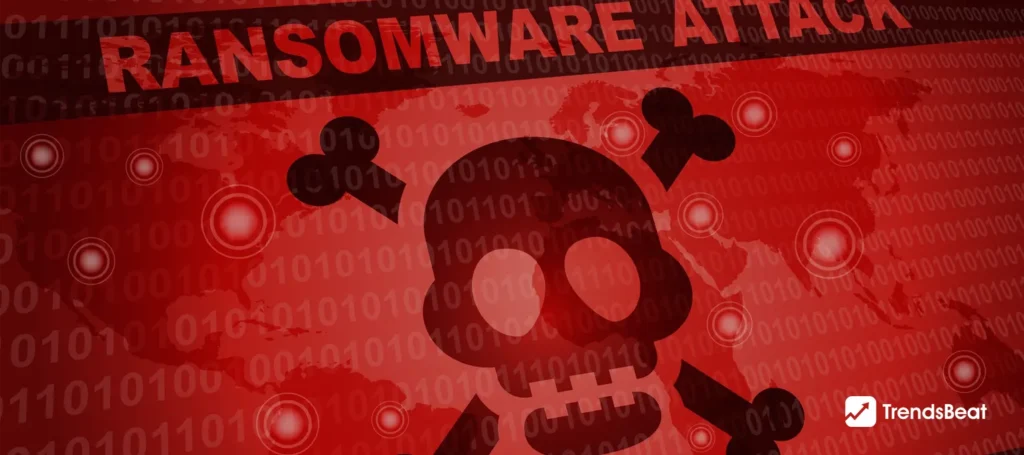
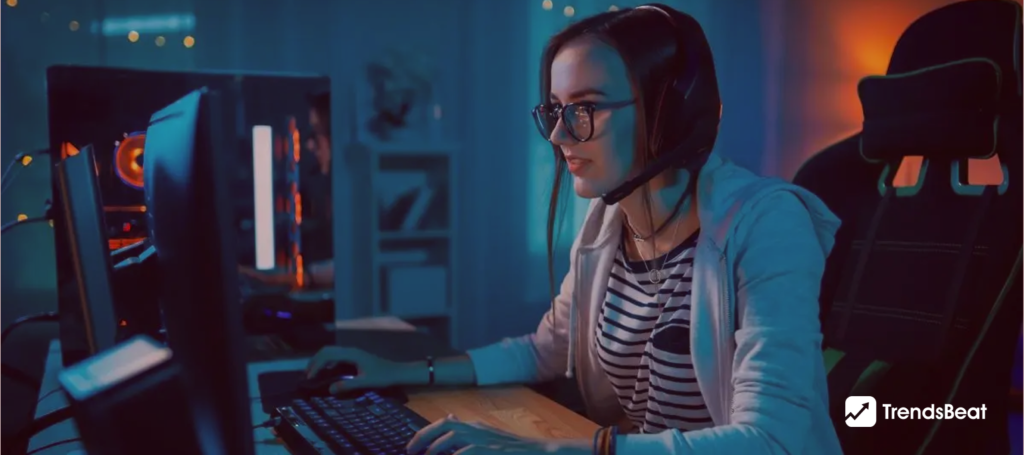



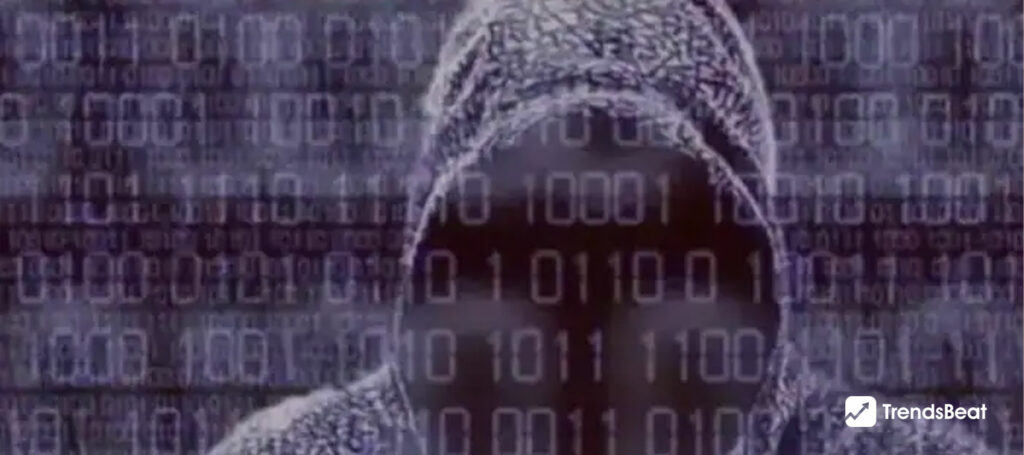





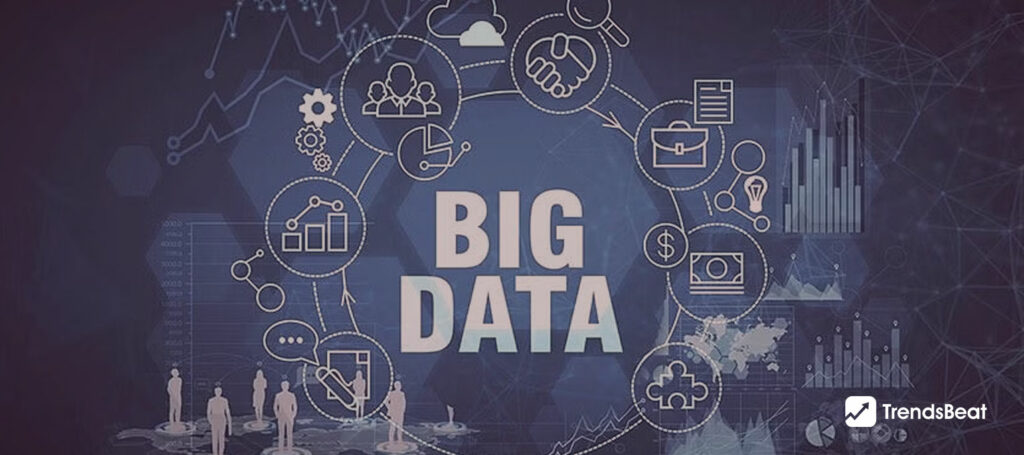






![Essential-Cybersecurity-Tips-for-Small-Businesses-[Protect-Your-Data]-TrendsBeat](https://trendsbeat.com/wp-content/uploads/2023/05/Essential-Cybersecurity-Tips-for-Small-Businesses-Protect-Your-Data-feature-image-template-1024x455.jpg)
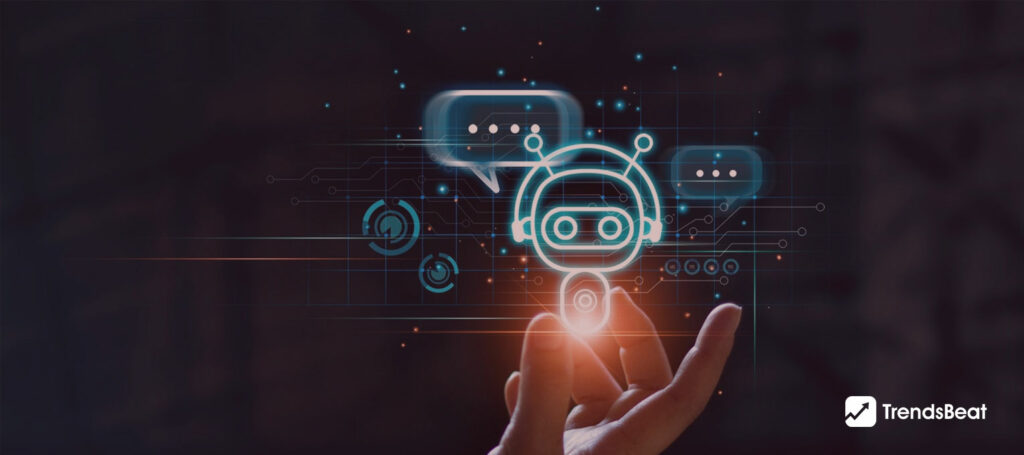


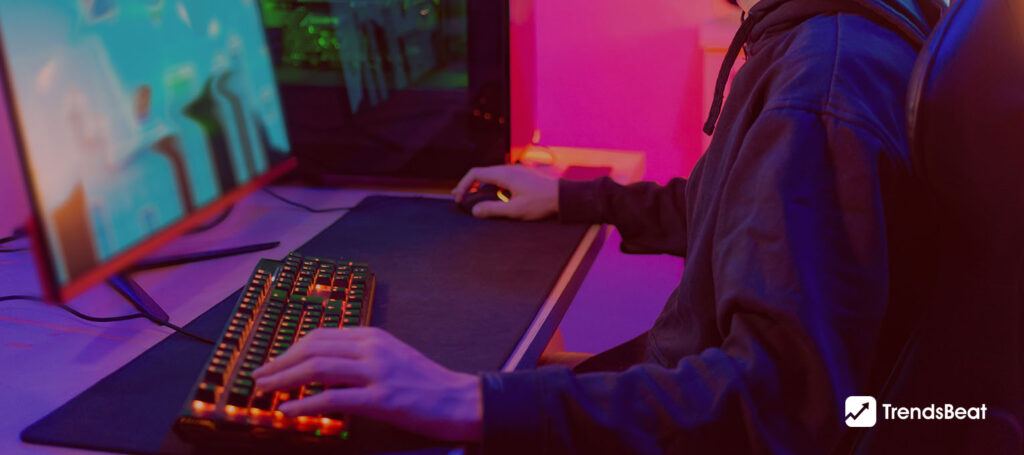


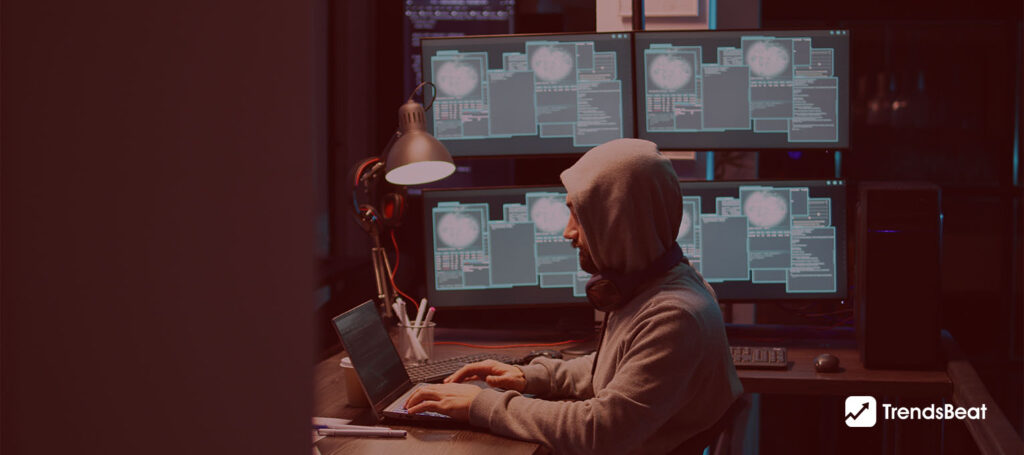
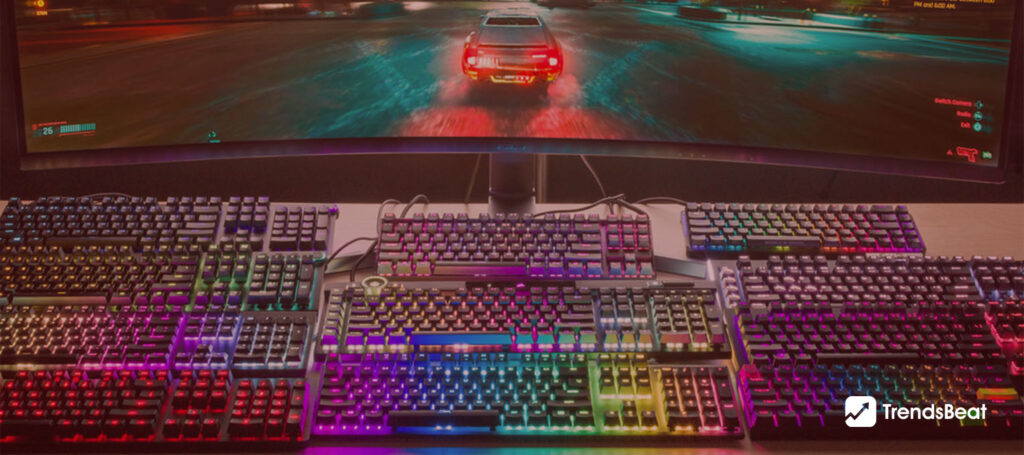





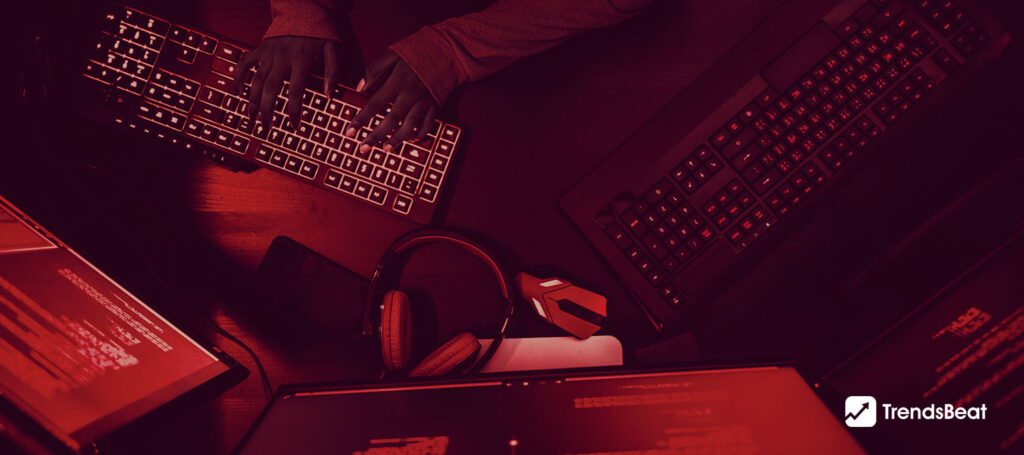
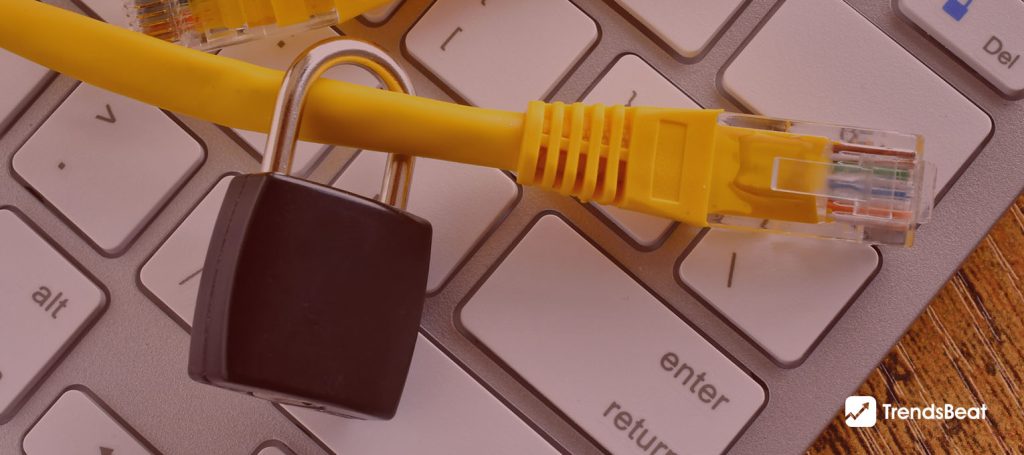
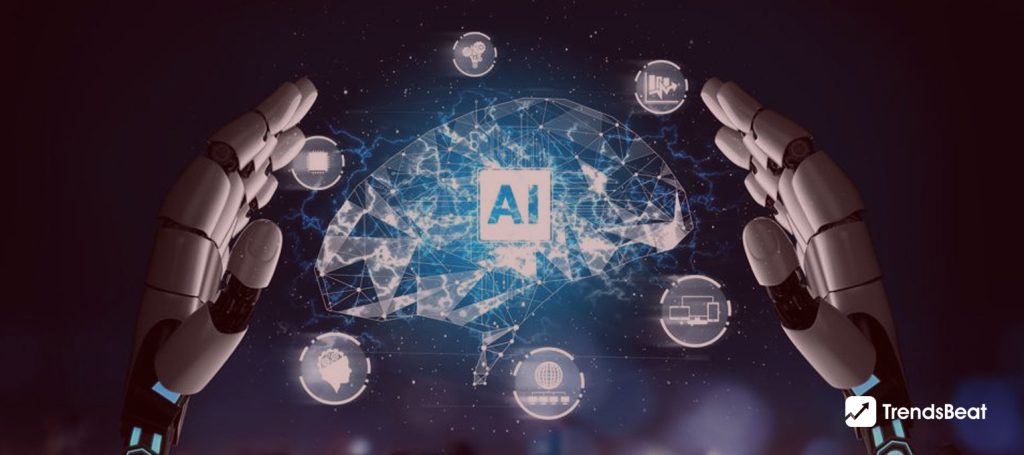


![Top Fitness Trends & Workout Routines to Follow [Stay Fit, Stay Healthy]](https://trendsbeat.com/wp-content/uploads/2023/04/feature-image-Top-Fitness-Trends-Workout-Routines-to-Follow-Stay-Fit-Stay-Healthy-1024x455.jpg)










![[Weight Loss Medication Health Effects] Side Effects and Best Advice](https://trendsbeat.com/wp-content/uploads/2023/04/feature-image-Weight-Loss-Medication-Health-Effects-Side-Effects-and-Best-Advice-1024x455.jpg)



